Optidox Tablet 10's
MRP ₹115
(Inclusive of all Taxes)
₹17.3 Cashback (15%)
Provide Delivery Location
Online payment accepted
 Prescription drug
Prescription drugWhats That
Composition :
Manufacturer/Marketer :
Consume Type :
Expires on or after :
Return Policy :
About Optidox Tablet
Optidox Tablet belongs to the class of medications called anti-emetics primarily used to treat nausea (feeling sick) and vomiting (being sick) during pregnancy. Morning sickness (nausea and vomiting during pregnancy) is a common symptom of pregnancy. In some cases, pregnant women experience excessive nausea and vomiting that progresses to a condition called hyperemesis gravidarum. It causes electrolyte imbalances and weight loss in pregnant women.
Optidox Tablet is a combination of two drugs, namely: Doxylamine and Pyridoxine (vitamin B6). Doxylamine belongs to the class of antihistamines that works by blocking the natural chemical (histamine) in the body, thereby preventing nausea and vomiting. Pyridoxine/Vitamin B6 deficiency may cause nausea and vomiting during pregnancy. Pyridoxine works by increasing the level of vitamin B6 in the body and helps in treating nausea and vomiting during pregnancy.
Take Optidox Tablet as prescribed. You are advised to take Optidox Tablet for as long as your doctor has prescribed it for you depending on your medical condition. In some cases, you may experience certain common side-effects such as drowsiness, constipation, dizziness, or blurred vision. Most of these side effects do not require medical attention and will resolve gradually over time. However, you are advised to talk to your doctor if you experience these side effects persistently.
If you are allergic to Optidox Tablet or any other medicines, please tell your doctor. Optidox Tablet should not be taken by breastfeeding mothers as it passes into breast milk. Optidox Tablet should not be given to children as safety and efficacy have not been established. Optidox Tablet may cause dizziness, therefore drive with caution. Avoid consuming alcohol along with Optidox Tablet as it could lead to increased dizziness. If you are taking MAO inhibitors, inform your doctor as taking them along with Optidox Tablet may cause unpleasant side effects.
Uses of Optidox Tablet
Directions for Use
Key Benefits
Optidox Tablet is a combination of two drugs, namely: Doxylamine and Pyridoxine (vitamin B6) used to treat nausea and vomiting during pregnancy. It prevents the feeling of nausea and sickness in pregnant women. Besides this, it also provides nutrition to the body. Doxylamine belongs to the class of antihistamines that works by blocking the natural chemical (histamine) in the body, thereby preventing nausea and vomiting. Pyridoxine/Vitamin B6 deficiency may cause nausea and vomiting during pregnancy. Pyridoxine works by increasing the level of vitamin B6 in the body and treating nausea and vomiting during pregnancy.
Storage
Drug Warnings
Do not take Optidox Tablet if you are allergic to any of its contents. Tell your doctor if you have asthma, increased eye pressure, narrow-angle glaucoma, stomach ulcer, a blockage in your gut (digestive tract), liver or kidney problems. Inform your doctor if you are taking medicines for depression, cough or cold medicines, sleeping medicines, or certain pain medicines. Optidox Tablet should not be taken by breastfeeding mothers as it passes into breast milk. Optidox Tablet should not be given to children as safety and efficacy have not been established. Avoid consuming alcohol along with Optidox Tablet as it could lead to increased dizziness.
Diet & Lifestyle Advise
- Take a healthy diet that includes fruits, vegetables, lean meats, skinless poultry, nuts, fish, whole grains, plant-based oils, and low-fat dairy products.
- One should avoid taking greasy or oily foods as they trigger nausea and vomiting.
- Eat cool foods instead of hot and spicy foods.
- Include clear broths, non-fat yoghurt, fruit juice, sherbet and sports drinks for fluid make up which has been lost due to vomiting.
- Include more cool beverages in your food like clear soup, and flavoured gelatin. Also, when you drink with a straw, sip slowly to avoid swallowing air, it may lead to gas and acidity.
- Consume liquids at least 30 minutes after eating food.
Side Effects of Optidox Tablet
- Drowsiness
- Dizziness
- Blurred vision
- Constipation
Habit Forming
Therapeutic Class
All Substitutes & Brand Comparisons
RX
Dopy 10 Tablet 10's
Mendine Pharmaceuticals Pvt Ltd
₹55
(₹4.95 per unit)
52% CHEAPERRX
Out of StockNauvom Tablet 30's
Pharmanova Specialties Pvt Ltd
₹165
(₹4.95 per unit)
52% CHEAPERRX
Vomilast-G Ginger Flavour Tablet 30'S
Mankind Pharma Pvt Ltd
₹170
(₹5.1 per unit)
50% CHEAPER
Author Details
We provide you with authentic, trustworthy and relevant information
FAQs
Drug-Drug Interactions Checker List
- ARIPIPRAZOLE
- DIPHENHYDRAMINE
Special Advise
- Do not use Optidox Tablet if you have used monoamine oxidase inhibitors (MAOIs) (anti-depressant drugs) in the past 14 days as it can cause a sudden fall in blood pressure and also it could lead to increased dizziness and drowsiness.
Disease/Condition Glossary
Morning sickness (nausea and vomiting) is a common symptom of pregnancy. It happens within the first trimester (first four months) of pregnancy, but some pregnant women have it throughout pregnancy. In some cases, pregnant women experience excessive nausea and vomiting that progresses to a condition called hyperemesis gravidarum. It causes electrolyte imbalances and weight loss in pregnant women. The most common cause of morning sickness is increased hormone levels during the first weeks of pregnancy. Nausea is an uneasy feeling in the stomach that may come and go in waves in which a person feels a strong urge to vomit. It happens before vomiting. While vomiting is a natural response of the body in which a person wants to expel stomach contents from the mouth forcefully. It can be triggered by taste, anxiety, smell, pain, or irritation to the stomach.

Have a query?
Alcohol
Safe if prescribed
You are recommended to avoid alcohol consumption while taking Optidox Tablet as it could lead to increased dizziness and drowsiness.
Pregnancy
Consult your doctor
Optidox Tablet is intended for use in pregnant women. Consult your doctor if you have any concerns.
Breast Feeding
Consult your doctor
It is not recommended to take Optidox Tablet while you are breastfeeding as it passes into breast milk. Consult your doctor if you have any concerns.
Driving
Safe if prescribed
Optidox Tablet may cause dizziness, drowsiness, and tiredness. Therefore, do not drive or operate heavy machinery if you feel dizzy.
Liver
Consult your doctor
Consult your doctor if you have a liver disease/hepatic impairment or any concerns regarding this.
Kidney
Consult your doctor
Consult your doctor if you have kidney disease/renal impairment or any concerns regarding this.
Children
Safe if prescribed
Optidox Tablet is not recommended for children as efficacy and safety have not been established.






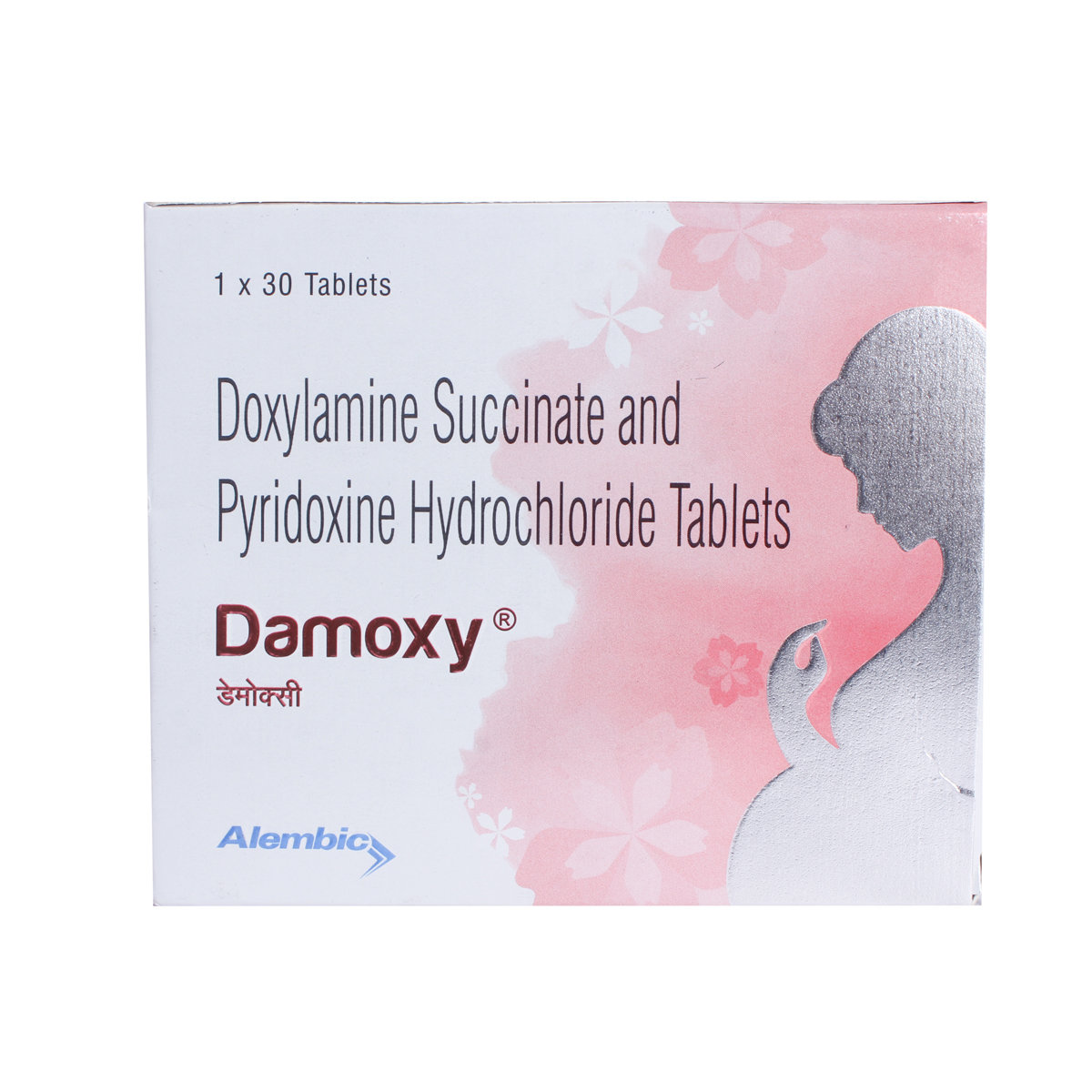
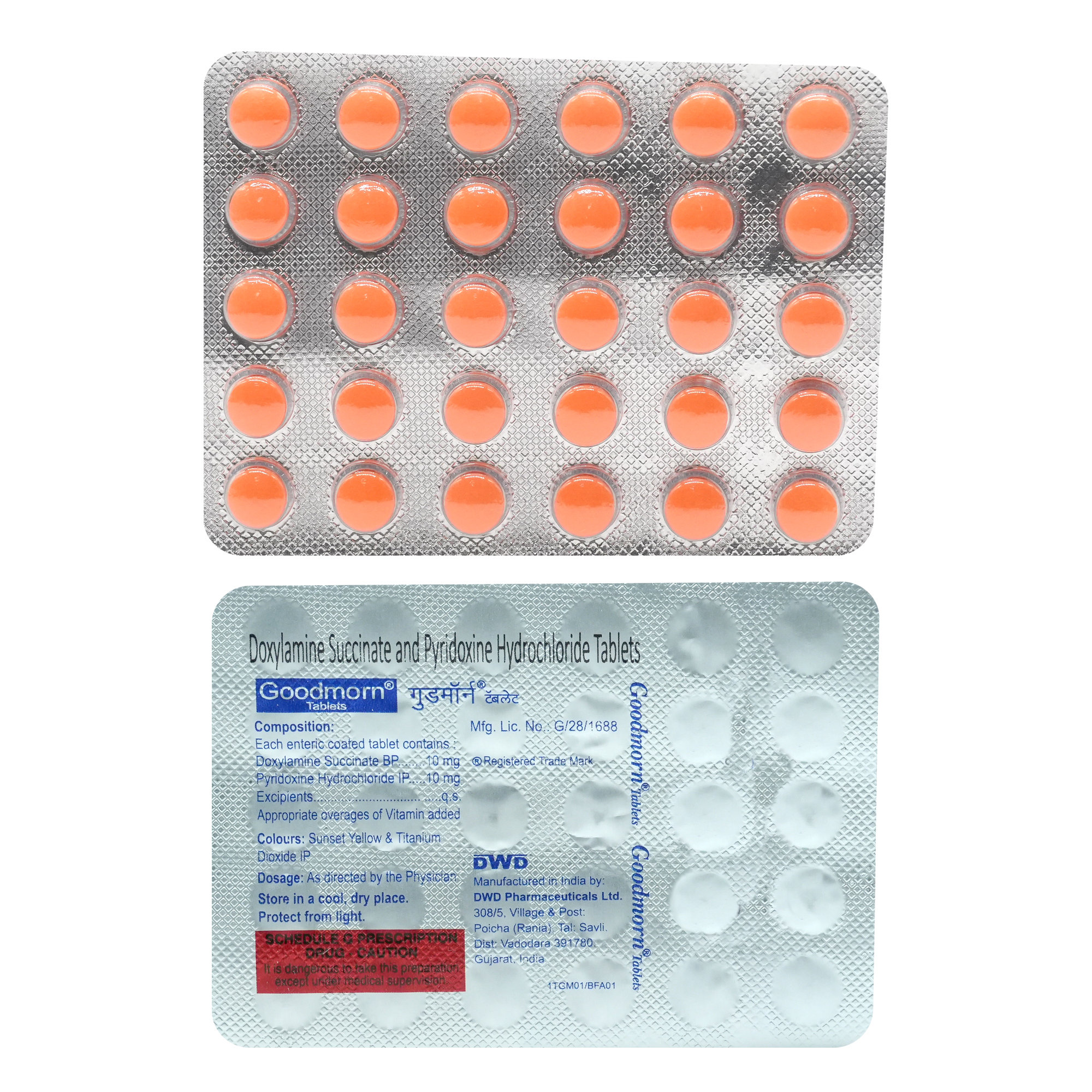
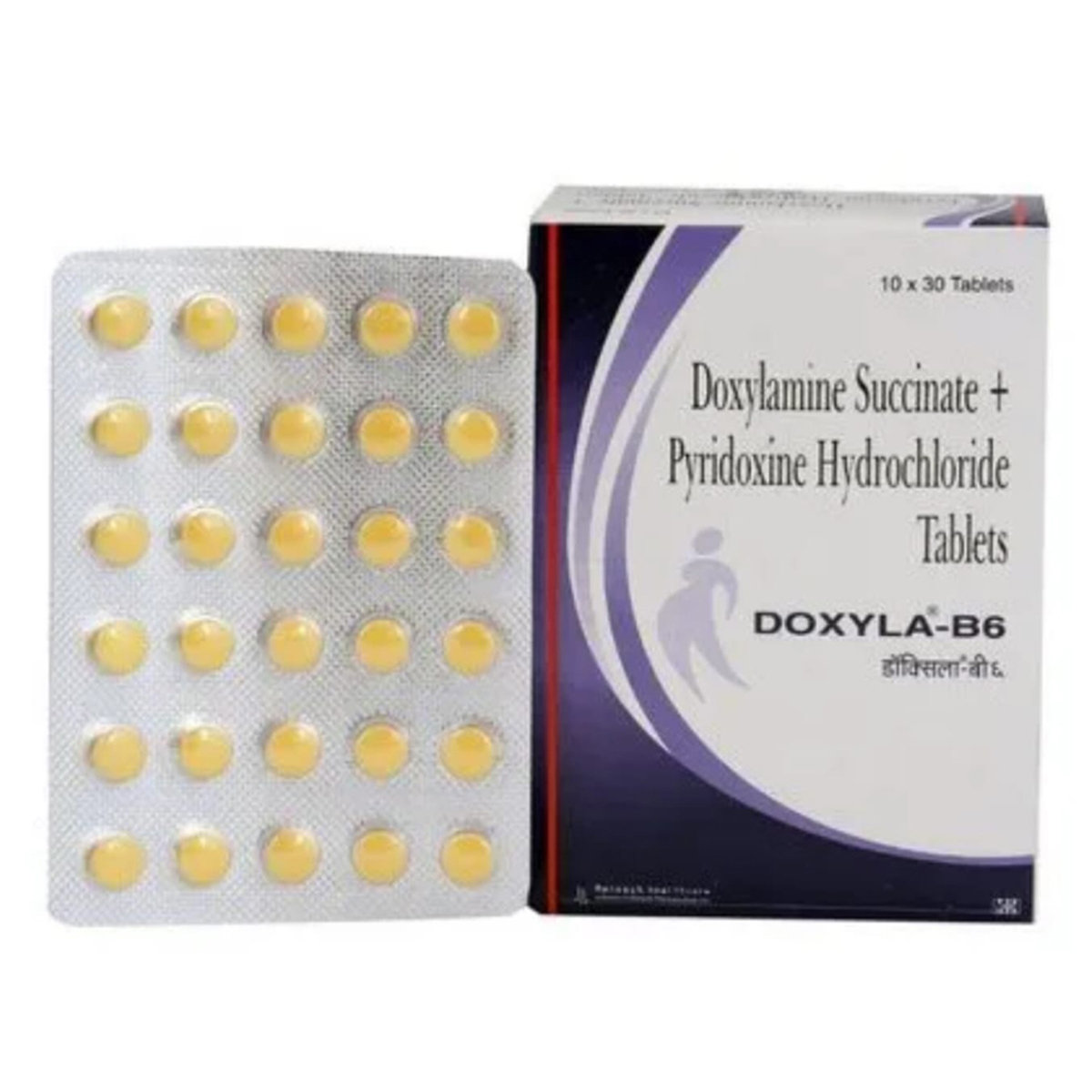
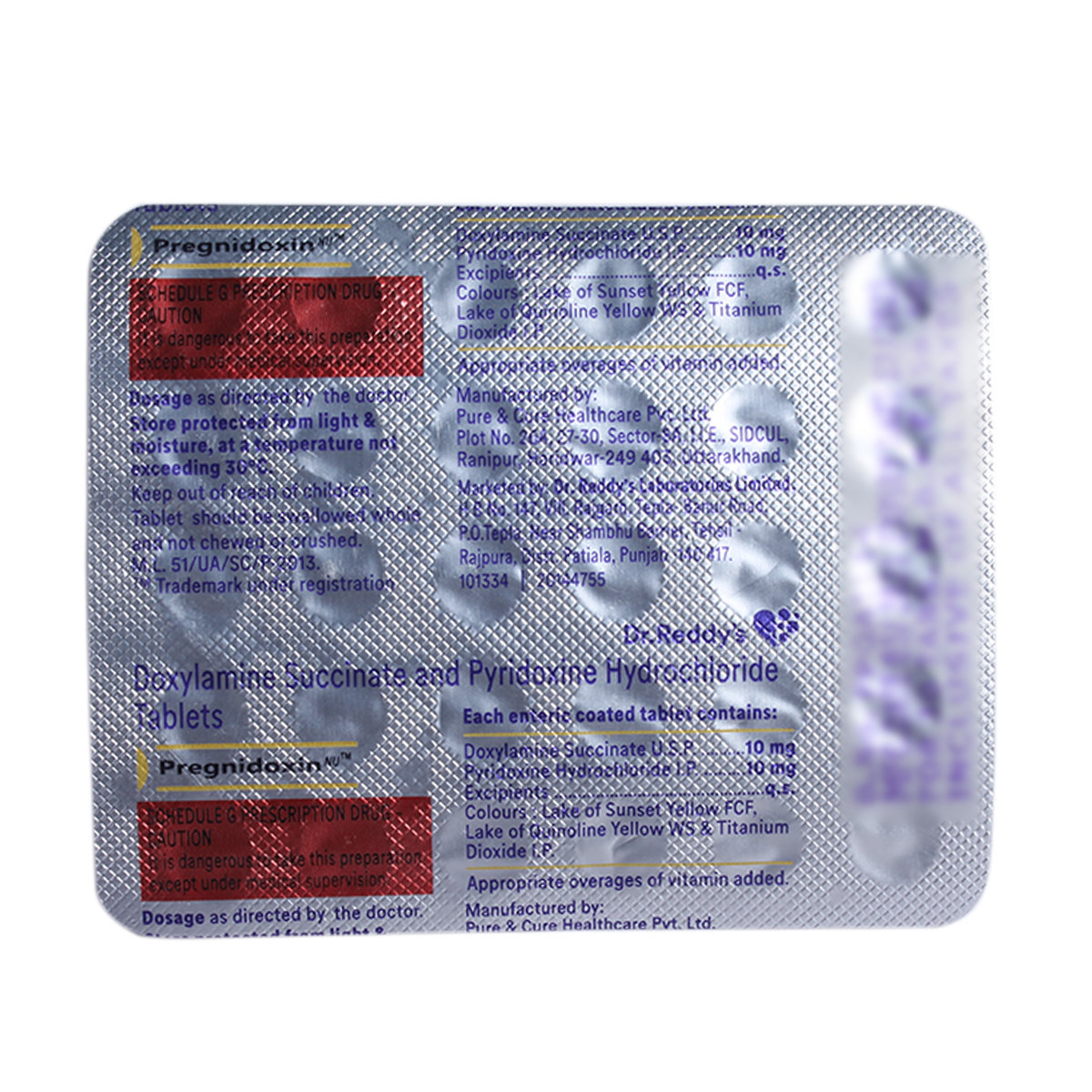
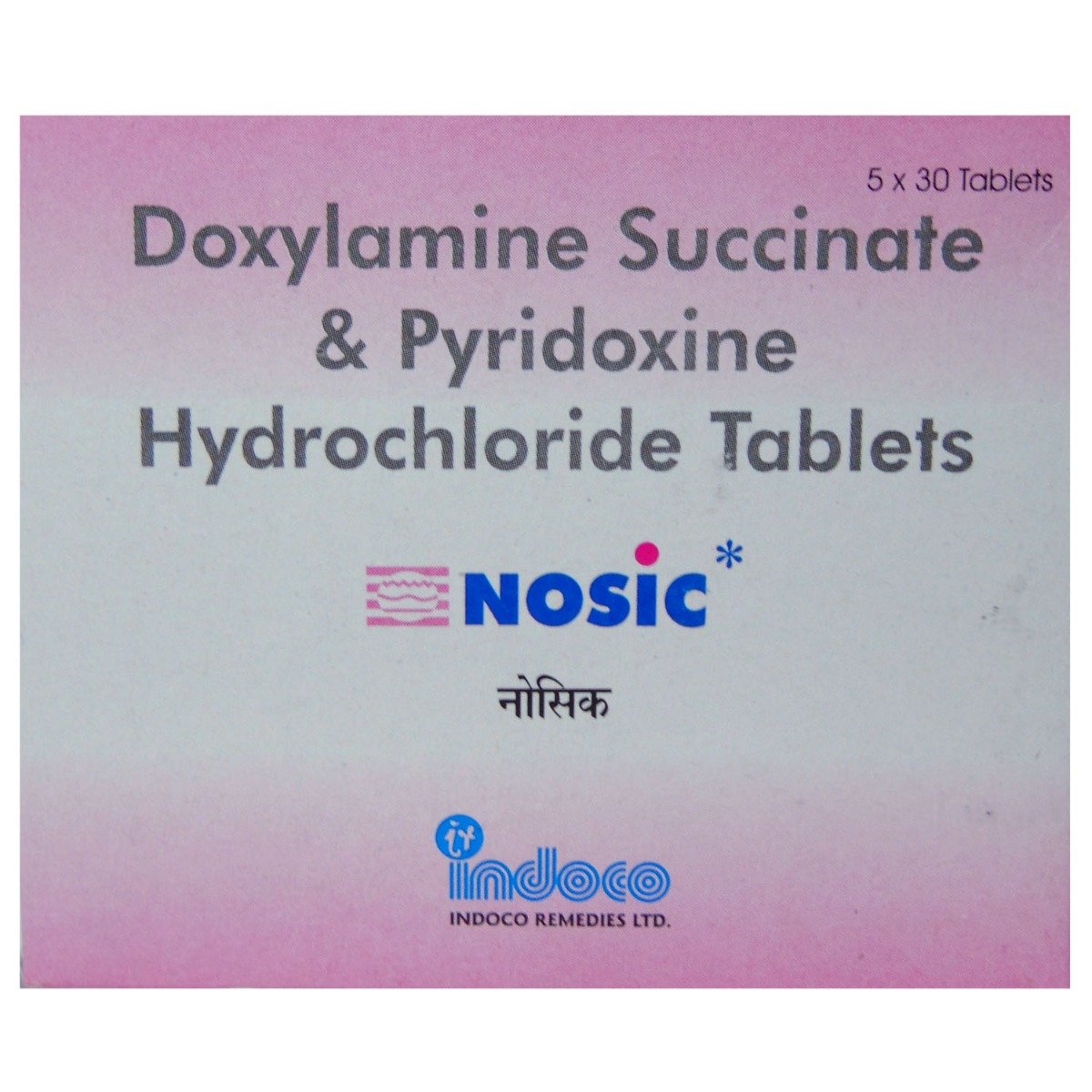
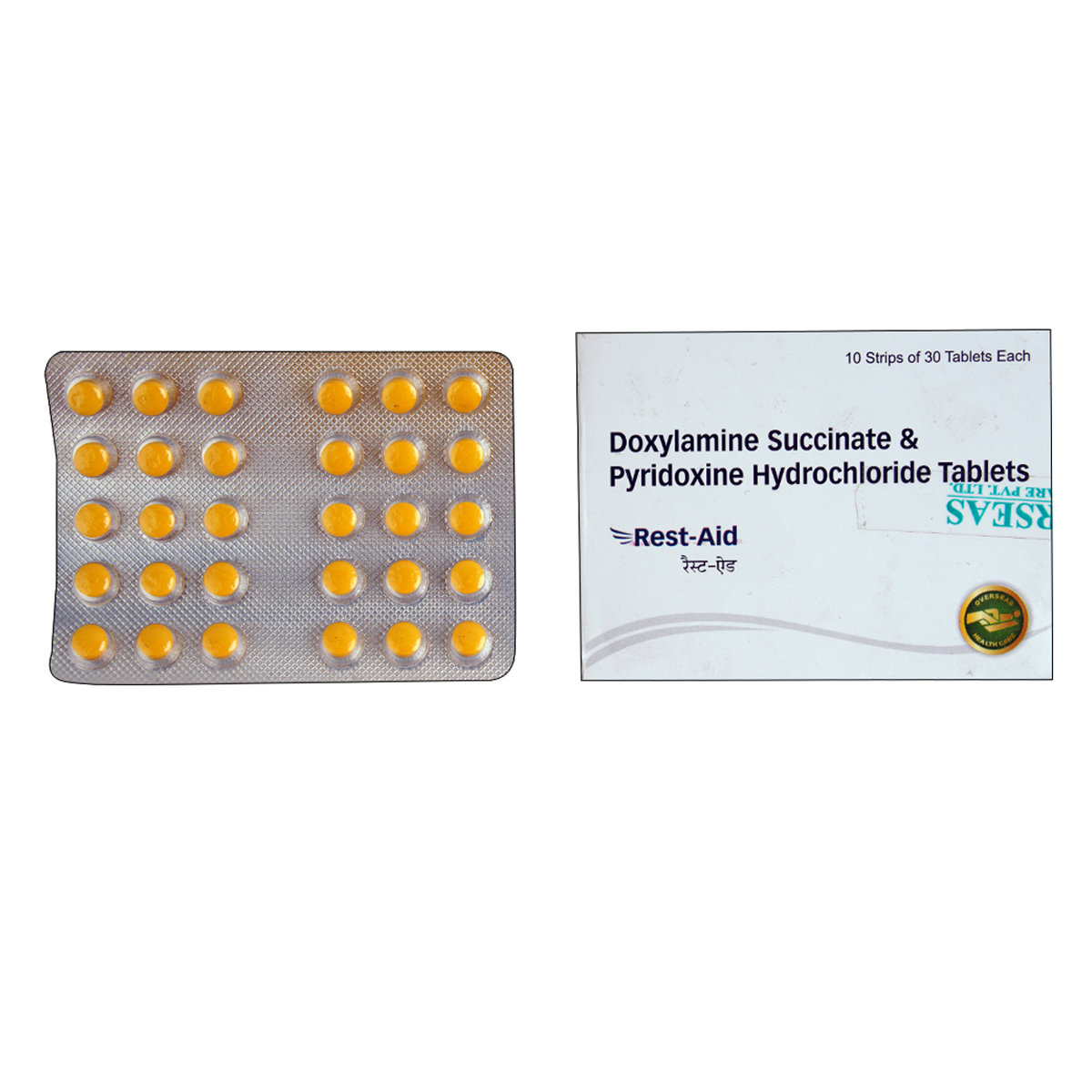
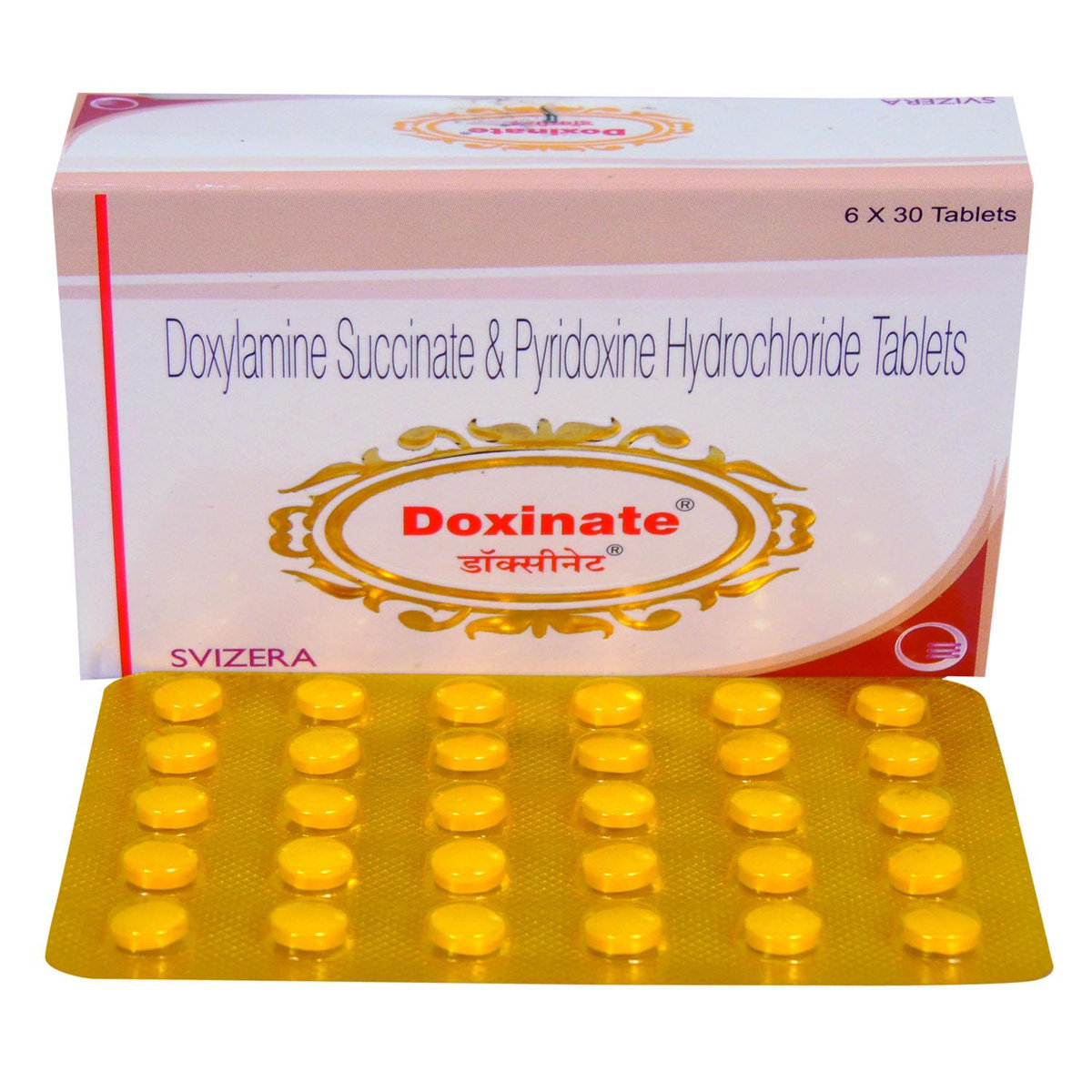


_0.jpg?tr=q-85)
